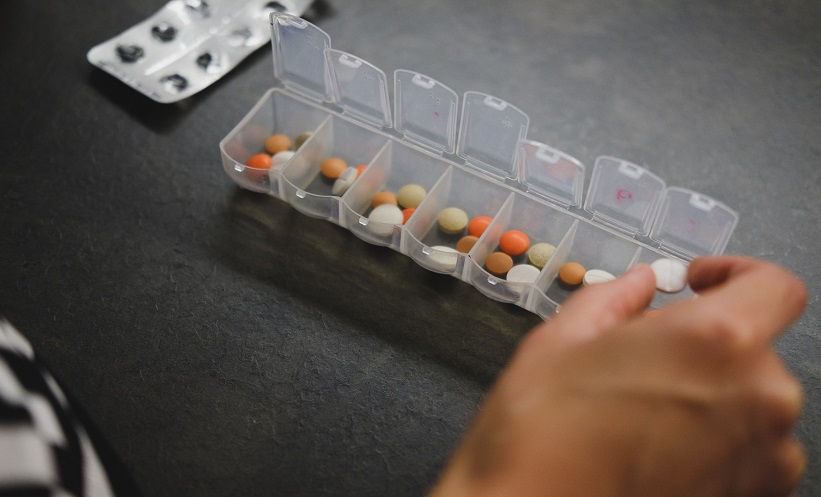AT THIS year’s Society for Cardiovascular Angiography and Interventions (SCAI) Scientific Sessions (19th–22nd May 2022), results from a trial comparing the safety and effectiveness of clopidogrel versus aspirin monotherapy beyond 12 months after percutaneous coronary intervention (PCI) in high-risk patients were shared.
The Fuwai PCI Registry was used as the data source for this study. In total, the researchers identified 8,377 consecutive patients at high-risk of both bleeding and thrombosis, who satisfied one clinical and one angiographic criterion. Individuals who received antiplatelet monotherapy for longer than 12 months and were free from ischaemic and bleeding events at 12-month post-PCI, without extended duration of dual antiplatelet therapy, were included. The primary endpoint was net adverse clinical events (NACE) between 12 and 30 months. Key secondary endpoints included major adverse cardiac or cerebral events (MACCE).
Of the patients initially identified for potential inclusion, approximately 7,400 were event-free after the first year and adherent to dual antiplatelet therapy. From this subset, 5,664 patients received antiplatelet monotherapy (1,974 patients received clopidogrel monotherapy; 3,690 patients received aspirin monotherapy) and were included in the final analytical cohort. Between 12 and 30 months, NACE were lower with clopidogrel monotherapy relative to aspirin monotherapy. Furthermore, clopidogrel monotherapy was associated with a lower risk of MACCE, as well as lower incidence rates of all-cause death, myocardial infarction, and stroke.
Hao-Yu Wang, Chinese Academy of Medical Sciences and Peking Union Medical College, Beijing, China, provided an overview of the results and their wider relevance: “These findings show for the first time clopidogrel monotherapy is associated with reduced risk of long-term NACE and MACCE.” Wang added: “Our results may have important practical implications for determining the optimal treatment for patients requiring a single antiplatelet drug, either aspirin or clopidogrel, for secondary prevention of ischemic events in high-risk PCI population.”
Going forward, it is important to further investigate these findings through a randomised clinical trial. However, based on the above study results, clopidogrel monotherapy might be an effective alternative to aspirin for the secondary prevention of cardiovascular disease.








